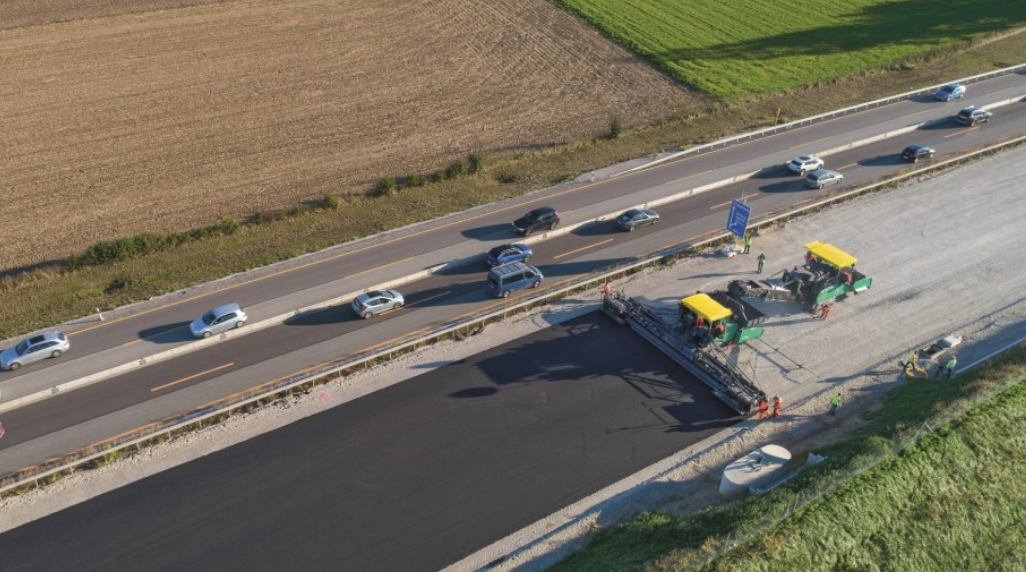
Mixing consistency and concrete quality uniformity
Equipment downtime reduction through extended service life
Operational costs through decreased maintenance frequency
Production throughput optimization via enhanced mixing efficiency
Superior abrasion resistance against concrete aggregates
Enhanced impact resistance for heavy-duty applications
Extended service life—up to 3 times longer than conventional materials
Consistent performance under extreme operational conditions
Ceramic Composite Integration
Unprecedented wear resistance in high-abrasion environments
Optimal balance between toughness and hardness
Significant reduction in replacement frequency
Lower total cost of ownership through extended service intervals
Tool-free production eliminating months-long mold development cycles
Complex geometry capabilities previously impossible with traditional casting
Rapid design iterations reducing development time from 45 days to just 15 days
Custom solutions tailored to specific batching plant requirements
The 3D sand printing machines at Haitian's facility produce sand molds directly from CAD models, enabling unprecedented design freedom and manufacturing flexibility. This technology particularly excels in creating:
Complex internal cooling channels for enhanced heat dissipation
Integrated wear-resistant features optimized for specific mixing patterns
Customized geometries matching exact OEM specifications
Prototype validation capabilities for new Concrete Batching Plant liner plate designs
355 molds per hour production capacity for high-volume requirements
Superior dimensional accuracy with tolerances within 0.5mm
Consistent quality through automated process control
Reduced labor intensity via fully automated operations
Real-time spectral analysis ensuring optimal alloy composition
Automated dimensional inspection using coordinate measuring machines (CMM)
Hardness testing protocols verifying material specifications
Surface quality assessment guaranteeing optimal installation characteristics
Lost Foam Casting Technology
Intricate thin-walled designs with superior surface finish
Reduced machining requirements through precision casting
Complex internal structures for enhanced mixing performance
Minimal material waste through optimized production processes
80%+ thermal efficiency reducing energy consumption by 20-30%
Precise temperature control ensuring optimal metallurgical properties
Rapid melting capabilities supporting high-volume production demands
Environmental compliance through reduced emissions and energy usage
Real-time production monitoring tracking every manufacturing stage
Automated quality alerts preventing defective products
Production optimization through data-driven process improvements
Traceability systems ensuring complete quality documentation
Impact energy testing evaluating resistance to shock loads
Tensile strength measurement ensuring material integrity
Brinell hardness testing verifying optimal hardness levels
Chemical composition analysis through precision spectrometry
Robotic Grinding and Finishing
Consistent surface quality through automated finishing processes
Precise dimensional control meeting exact installation requirements
Reduced manual labor while improving safety and efficiency
Adaptive force control preventing over-processing or damage
Service Life Enhancement
Traditional plates: 6-12 months average service life
Advanced ceramic composite plates: 18-36 months service life
300% improvement in operational longevity
Production Efficiency Optimization
15-25% reduction in production downtime
10-20% increase in mixing consistency
20-30% lower maintenance costs
25-40% improvement in overall equipment effectiveness (OEE)
Reduced replacement frequency cutting maintenance scheduling by 60%
Lower labor costs through decreased installation requirements
Improved concrete quality reducing waste and rework
Enhanced production capacity through increased uptime
Smart Sensor Integration
Real-time wear monitoring through embedded sensors
Predictive maintenance capabilities preventing unexpected failures
Performance optimization through continuous data analysis
Remote monitoring systems enabling proactive maintenance scheduling
Sustainable Manufacturing Practices
Recyclable alloy development reducing environmental impact
Energy-efficient production processes minimizing carbon footprint
Waste reduction technologies optimizing material utilization
Green manufacturing certifications meeting sustainability standards
The convergence of advanced materials science, precision manufacturing, and smart quality control systems has created liner plate solutions that not only meet today's demanding operational requirements but also position concrete producers for future success. As the construction industry continues to evolve, the adoption of these advanced technologies will become increasingly critical for maintaining competitive advantage.